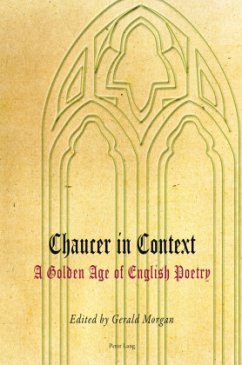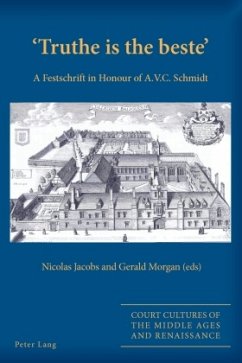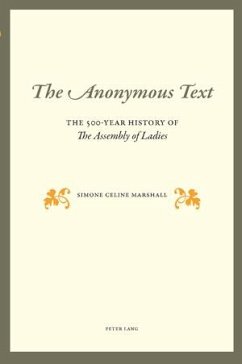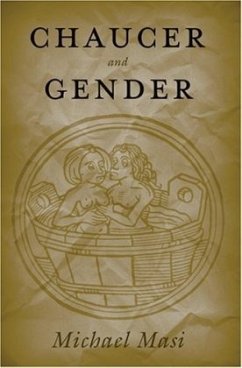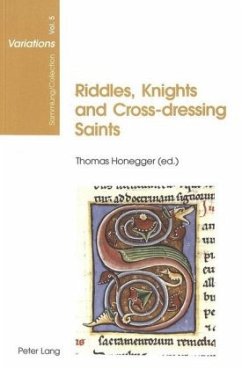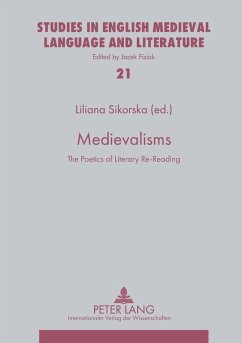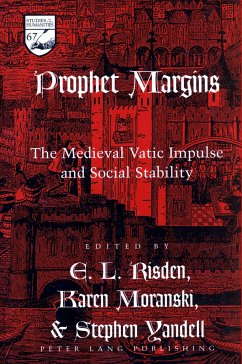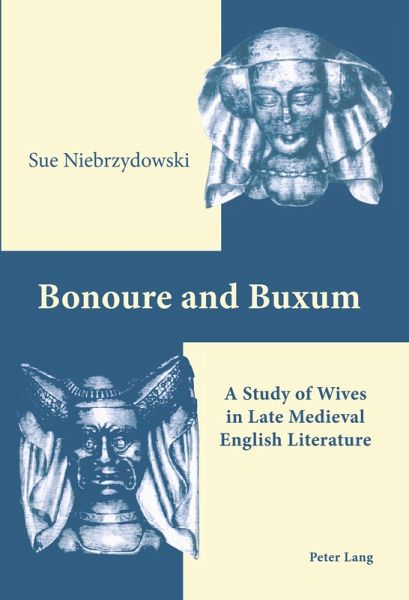
Bonoure and Buxum
A Study of Wives in Late Medieval English Literature
Versandkostenfrei!
Versandfertig in 6-10 Tagen
57,95 €
inkl. MwSt.

PAYBACK Punkte
0 °P sammeln!
If married in church, medieval women vowed before God and their husbands to be 'bonoure and buxum', that is, meek and obedient in bed and at table. This book is a study of wives in a variety of fourteenth- and fifteenth-century romance, fabliaux, cycle drama, life-writing, lyrics and hagiography. The volume examines key moments that defined life as a married woman: her eligibility to become a wife, the wedding ceremony, her conjugal rights and duties, childbirth and her contribution to the family economy. The book explores the way in which the literary representation of wives is in dialogue wi...
If married in church, medieval women vowed before God and their husbands to be 'bonoure and buxum', that is, meek and obedient in bed and at table. This book is a study of wives in a variety of fourteenth- and fifteenth-century romance, fabliaux, cycle drama, life-writing, lyrics and hagiography. The volume examines key moments that defined life as a married woman: her eligibility to become a wife, the wedding ceremony, her conjugal rights and duties, childbirth and her contribution to the family economy. The book explores the way in which the literary representation of wives is in dialogue with discourses that strove to construct and regulate the role of 'wife'; canon and secular law, marriage liturgy, medical treatises on the female body, sermons, manuals of spiritual instruction, biblical paradigms, conduct books and misogamous writings. Moreover, the volume examines the possibilities for subversion of these paradigms by listening to literary wives speak both within and against these discourses. Real women's attitudes, and strategies of subversion, are woven into the volume throughout, as recorded in church and manorial court records, in their wills and in their writing.



